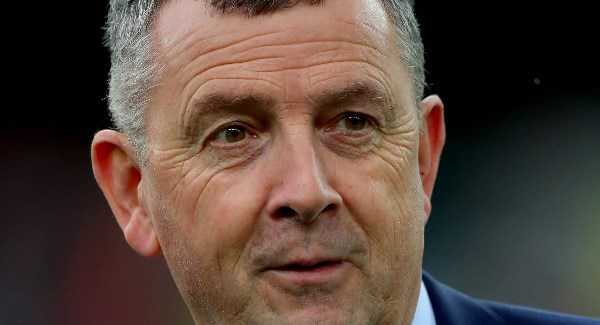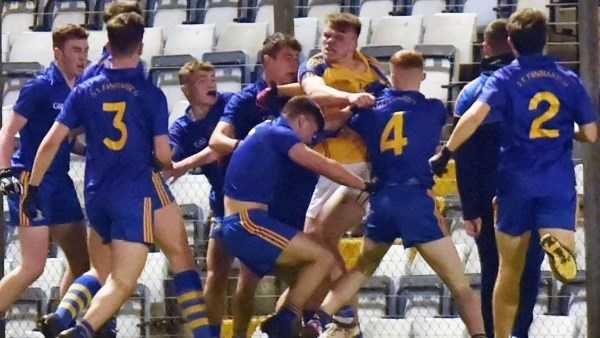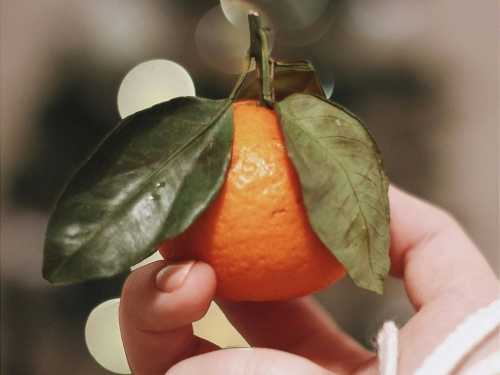Dublin GAA chief executive John Costello admits he is as apprehensive as he is curious about football’s new experimental rules, fearing they may only strengthen the hand of those who “worship at the altar” of the defensive and negative game.
In his always-engaging annual report to Dublin’s annual convention next week, Costello says he would have preferred a 13-a-side game to be trialled without any alterations to the playing rules to see if it would alleviate some of the game’s defensive gridlock.

Dublin GAA chief executive John Costello
“No rule changes will affect the footballing philosophy of managers/coaches who worship at the altar of massed defences and the more negative game-plans that certainly have become more prevalent in the past few seasons. And I’d argue certainly that some of the current trial rules won’t either.”
READ MORE: Blow for Westmeath as they must plan for 2019 without star John Heslin
Costello says there are three of the experimental rules, to be trialled in pre-season and the Allianz Leagues, that he is most apprehensive about.
Firstly, the restriction to a chain of three consecutive handpasses.
Secondly, the kick-out rule – “The quick restart is an important option in the modern game where defensive teams only come out of the shell on occasion. The new 20-metre line rule will have the effect of slowing down restarts and hence slowing down the game. It could also have the unintended consequence of goalkeepers having to contend with interference from opposition players as they attempt to get through the traffic out to the 20-metre line. And then when they get there they will be forced to wait until all players have retreated 13 metres back from the 20-metre line.”
And thirdly, the sideline rule where a ball can only be kicked forward – “Another tweak that could prove counter-productive with the defensive team overloading their own sector of field and the team in possession end up hoisting aimless ball in the direction of their opponent’s goal.”
Unsurprisingly Costello resists the argument that Croke Park cannot be considered an appropriate venue for hosting any neutral quarter-final fixture involving Dublin.
One obvious weakness in this year’s structure was the fact that Donegal opened their campaign with two games on the road, against Dublin and Roscommon, hence their understandable anger. They were, after all, Ulster champions – is that due reward?
“My solution? Let all four provincial winners open the Super 8s with home advantage on the first weekend.”
The Dublin CEO is in favour of the retention of the provincial championship system but believes the time has come for the qualifiers to be replaced by a second-tier championship.
READ MORE: Tyrone chief backs tiered championship
“It’s the next logical step,” he argues. “However, this will only work if there’s buy-in from the counties affected. We can try and sell the benefits of a second-tier but we cannot impose one. Ultimately, the competition must feel like something worth winning. Stage the final on the same Croke Park bill as the All-Ireland itself – that’s a no-brainer. Why not also have the carrot of a team holiday for the winners, along with promotion to the Sam Maguire competition? And a separate All Stars scheme? A lot can be achieved through imaginative thinking and marketing – and the first rule for the PR gurus? Don’t call it a B championship!”
On the question of violence in the GAA, Costello points to the unforseen advantages social media now bestows, in highlighting incidents recorded on mobile phones.

Melee which marred the Kilshannig against St Finbarrs in the Carrigaline Court Hotel Rebel Og Premier 2 MFC final at Pairc Ui Rinn in October. Pictures: Eddie O’Hare
“In the past, if there were unsavoury incidents in games, ones often resulting in injury, there was often a code of omerta or you’d hear the following … ‘nothing much happened’ …. ‘it is being blown out of all proportion’ … ‘it’s part and parcel of the game’. Mobile phone evidence proves to the contrary.”
The Dublin secretary also warns that the reducing of the age-grade from U21 to U20 and for minors from U18 to U17, is already having unintended consequences and may need to be looked at in a year or two.
“With more and more schools introducing a compulsory Transition Year and with U16s now able to play at the minor grade two issues have arisen. Firstly, some U16s can be called into a minor set up in third year, which of course is the year they do their Junior Cert. And secondly having completed Transition Year many students are actually too old to play U17 in their fifth year in school.
“And with the move from U21 to U20 these students may well be called into U20 squads in their Sixth Year, which is arguably more of a problem than when Sixth Year students were playing minor.”
Sourse: breakingnews.ie






